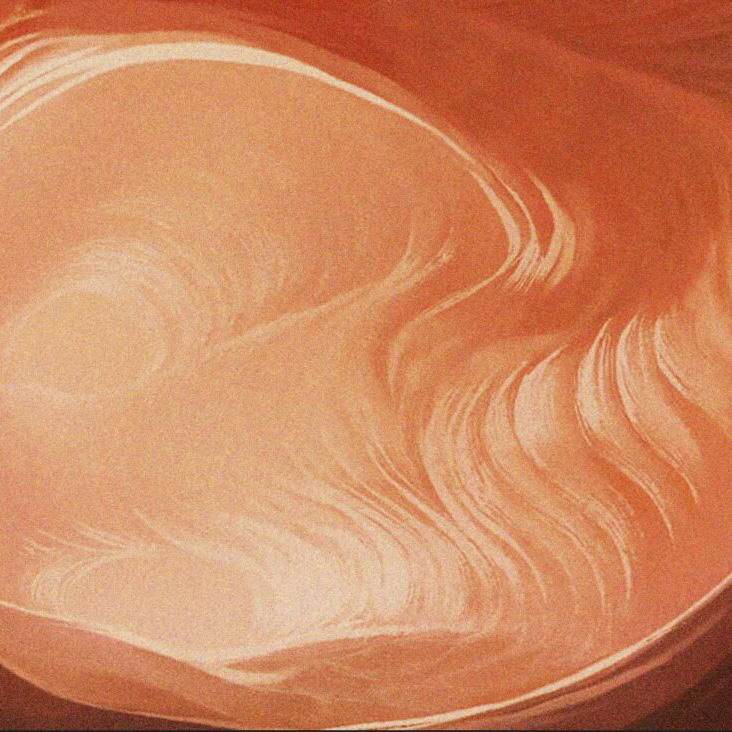
Footnotes is a Summer School that imagines, rethinks and shapes the futures of arts education.
Footnotes’ most recent 5-day event gathered academics, (art) professionals, students and curious people who jointly worked around seven focus topics surrounding higher arts educational futures:
The Footnotes Summer School was organised by School of Commons, Zürich University of the Arts (ZHdK) and took place from 29 August to 1 September 2022, on the ZHdK campus. The Summer School was part of the FAST45 project (Futures Art School Trends 2045).
Throughout Footnotes Summer School, FAST45 explored Live Action Role-Play (LARP) as a method for futures thinking with the support of LARP artists Carina Erdmann and Steph Holl-Trieu (0ct0p0s). Following the Live Action Role-Play method, all participants assumed fictional characters for the duration of the summer school and agreed on meeting in the (imagined) year of 2045. All lectures and panel discussions were moderated in live-action role-play character by interdisciplinary artist Monika G. Dorniak. While the basic future scenario of the Footnotes gathering in the year 2045 was set, to a certain extent, by a group of selected organisers and artists, a main element of the workshops and lectures was to develop more detailed future realities of arts education in 2045, together. This process was strongly supported by role-play, which helped to interpret, embody and shape future realities. It was strongly emphasised that for participation in the Summer School, no prior experience in Live Action Role-Play was required.
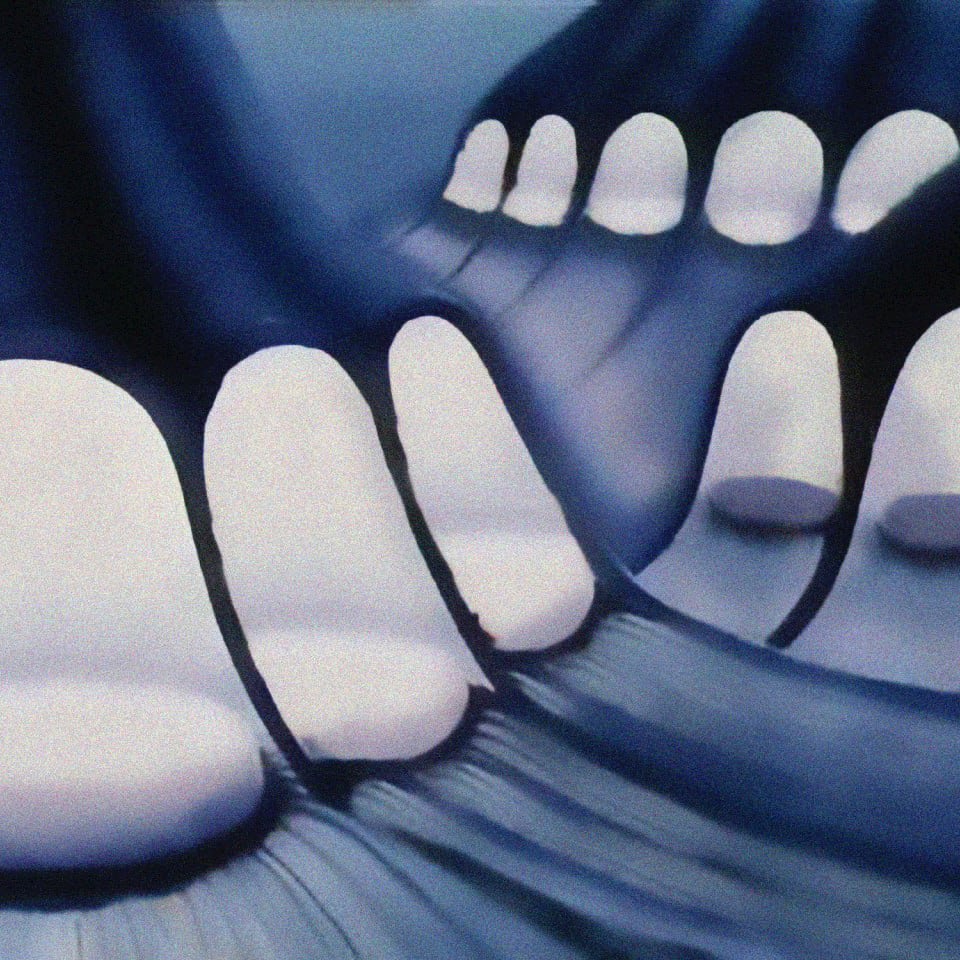
The full title of the 2022 Summer School was Footnotes: Annotating the futures of arts education. This title describes both a space and a movement that critically engages with the futures of art education in hybrid spaces and over longer durations of time. As such, communication, exchange and knowledge creation took place before, during and after the Summer School, via a dedicated Learning Platform.
In the context of the Summer School, Footnotes can be defined a place for trans-temporal exchange. It recalls various practices that have historically marginalised, be that as forms of resistance found in feminist practices of critical pedagogy, traditions of black radical thought, artistic gestures of the 19th century, or forms of intervention and conversation experienced between different readers as seen in medieval scriptures. This kind of analysis and annotation was mostly used to critically reflect upon and subvert the Learning Platform and the knowledge body that is enlisted there.
... and how can it be used as a method for futures thinking? Learn more!
Dive into the scene set for future realties explored during the Footnotes Summer School.
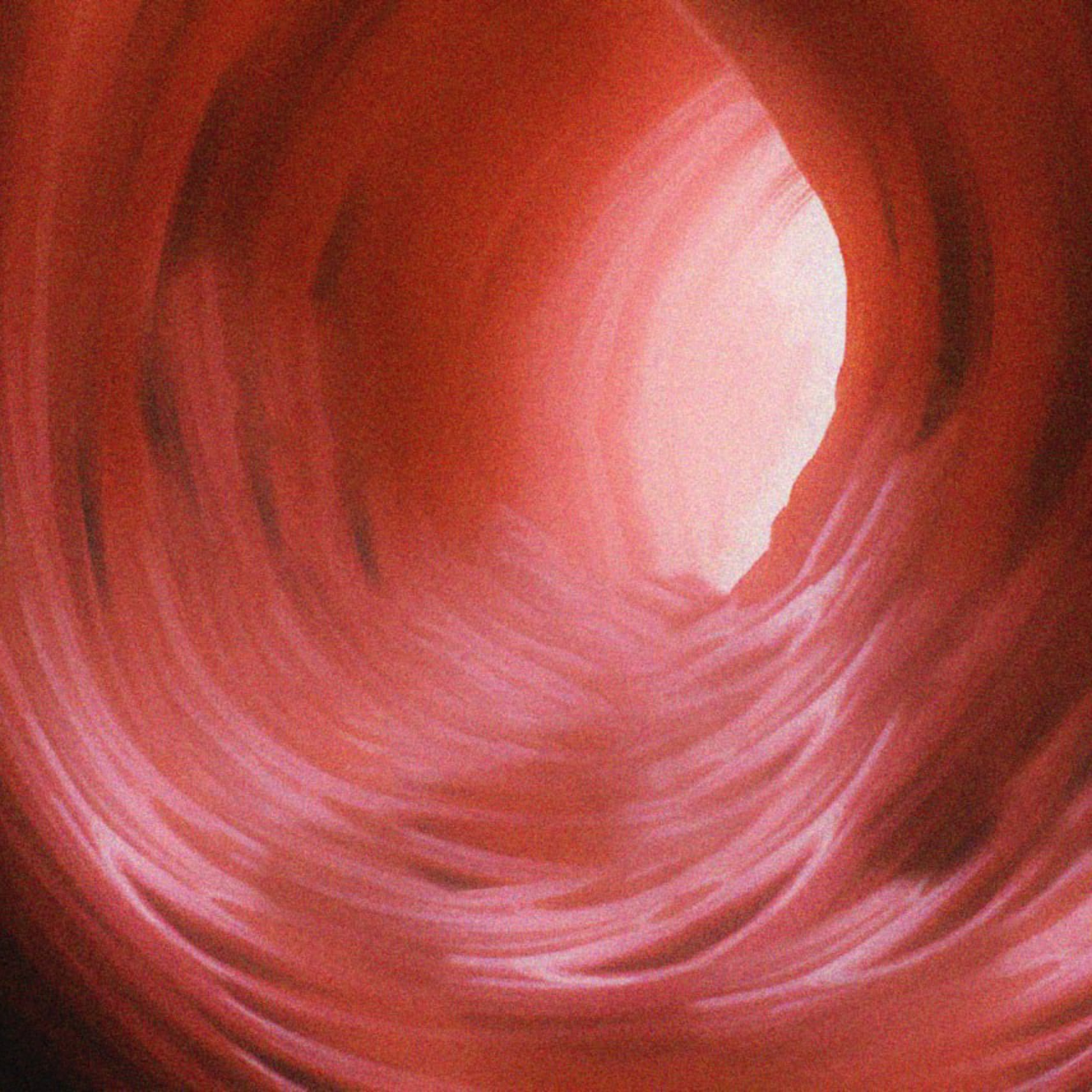
It is the year 2045. This year’s Footnotes gathering will be hosted by the School of Commons. This meeting was named after a function within the Learning Platform, a tool devised in 2021 to facilitate knowledge and resource exchange, host digital learning formats (seminars, lectures, etc.), coordinate the use of physical resources (workshops, seminar rooms, technical equipment, etc.) and publish and present theoretical and artistic practices.
Slowly over the last 24 years, the platform was deployed globally across numerous Art and Design Schools. In some places, academies and educational institutions decided to repurpose and cut back on their financing of physical classrooms, studios, and workshops and invest heavily in digital infrastructures such as data centers and connectivity services. The reasoning was that needs-based rentals of workspaces and equipment would be far more economical than the maintenance of often centuries-old buildings. Of course, this was not the case everywhere. Other schools decided to use the Learning Platform ‘lightly’, emphasising the need to meet and study in physical environments. Without a doubt, these different models emerged due to the changing and asymmetric educational policies adopted by regional, national and international governance bodies.
Yet over this same time period, another trend emerged, threading its way through faculties and institutions.
Footnotes, a standardised functionality hard-coded into the Learning Platform, grew into a buzzing place of transgenerational exchange. Initially thought to simply comment and annotate an institutionally canonised corpora of knowledge, over time different working groups formed. In activating the space of the margin, these groups revisited feminist theories of critical pedagogy, black radical tradition, decolonial methodologies, artistic gestures of subversion, and practices found in medieval scriptures, to understand this environment as one with a rich history of emancipatory struggle and resistance.
For more than twenty-two years, the Footnotes function of the Learning Platform has become its own platform for individuals and working groups to discuss and organise around issues surrounding arts education. Over time, many different conversations and threads emerged between the lines. These threads coalesced into working groups, in-person meetings, and larger gatherings of translocal exchange. In April 2045, one of these groups called the School of Commons put out a call for a gathering. It didn’t take long until seven engaged groups signed up. They call themselves: DIS/CONTINUITIES, ORGANOLOGY, CHAOS/MOSIS, COMMONALITIES, RE/PROGRAMMING, SYMBIOSIS, and PLASTICITY. Each group would explore its own unique theme within the Summer School programme.
In a long message thread, the groups decided that there would be 2 ½ days dedicated to workshops, while the last 1 ½ days would host a conference. The latter would be committed to synthesising the many discussions and thought-forms that emerged over the last decades and were processed during the preliminary workshop sessions.
During the workshops, the groups endeavoured to deepen their understanding of their own research and practices, situating them both within their local environments and wider global developments.
Carving out new pathways for arts education and zones to nurture common bodies of knowledge builds on the efforts of many generations. Therefore some of the working groups will be annotating video lectures from future archives of the past. Others have invited remote speakers to share experiences, provocations, and reflections from their own contexts and conditions.
Because not everyone will be able to attend, newfound insights will be shared through the Footnotes Channel, the shared knowledge base of Footnotes. In addition, those who are not able to attend will be remotely embodied by a real-life avatar, who will visit the different groups over the course of the workshops and transmit questions and comments.
Dive into the Footnotes lectures and cross-temporal discussions...
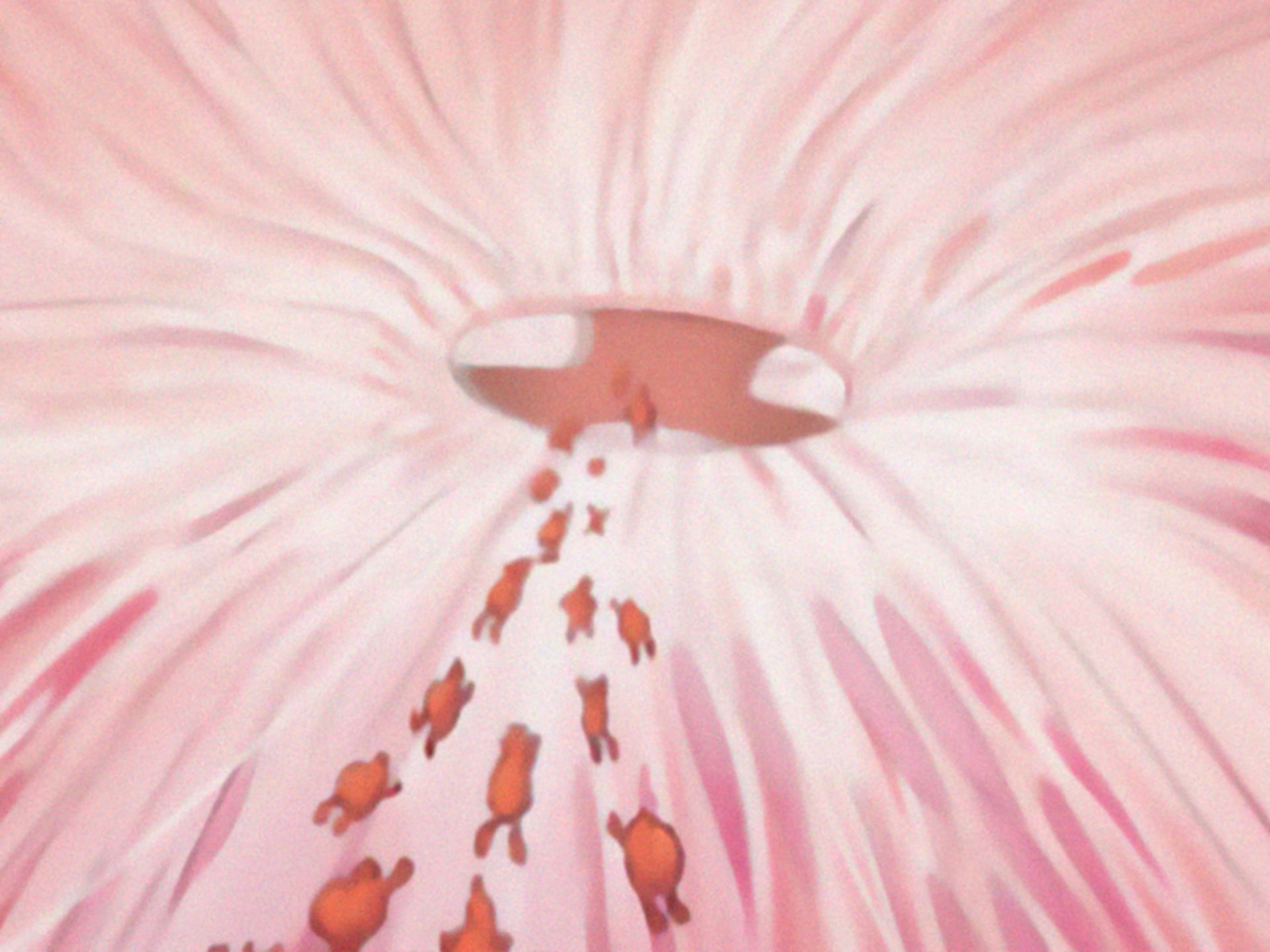
All FOOTNOTES panel discussions and Q&A are moderated by interdisciplinary artist and time traveller Monika Dorniak.
Clara Balaguer (remote)
Baruch Gottlieb (on-site)
Edwin Ramirez, Criptonite (remote)
Noor Abed & Lara Khaldi, School of Intrusions (on-site)
manuel arturo abreu (remote)
Philip Bergmann and Thea Reifler, Shedhalle (on-site)
Silvia Federici and Jack Hogan (remote)
Brandy Butler (on-site)
Marta Malo de Molina (remote)
Lina Dokuzović (on-site)
Ama Josephine B. Johnstone (remote)
Klasse Klima, Johann Otten and Lena Schubert (on-site)
Omsk Social Club (remote)
C&, Will Fredo Furtado (on-site)
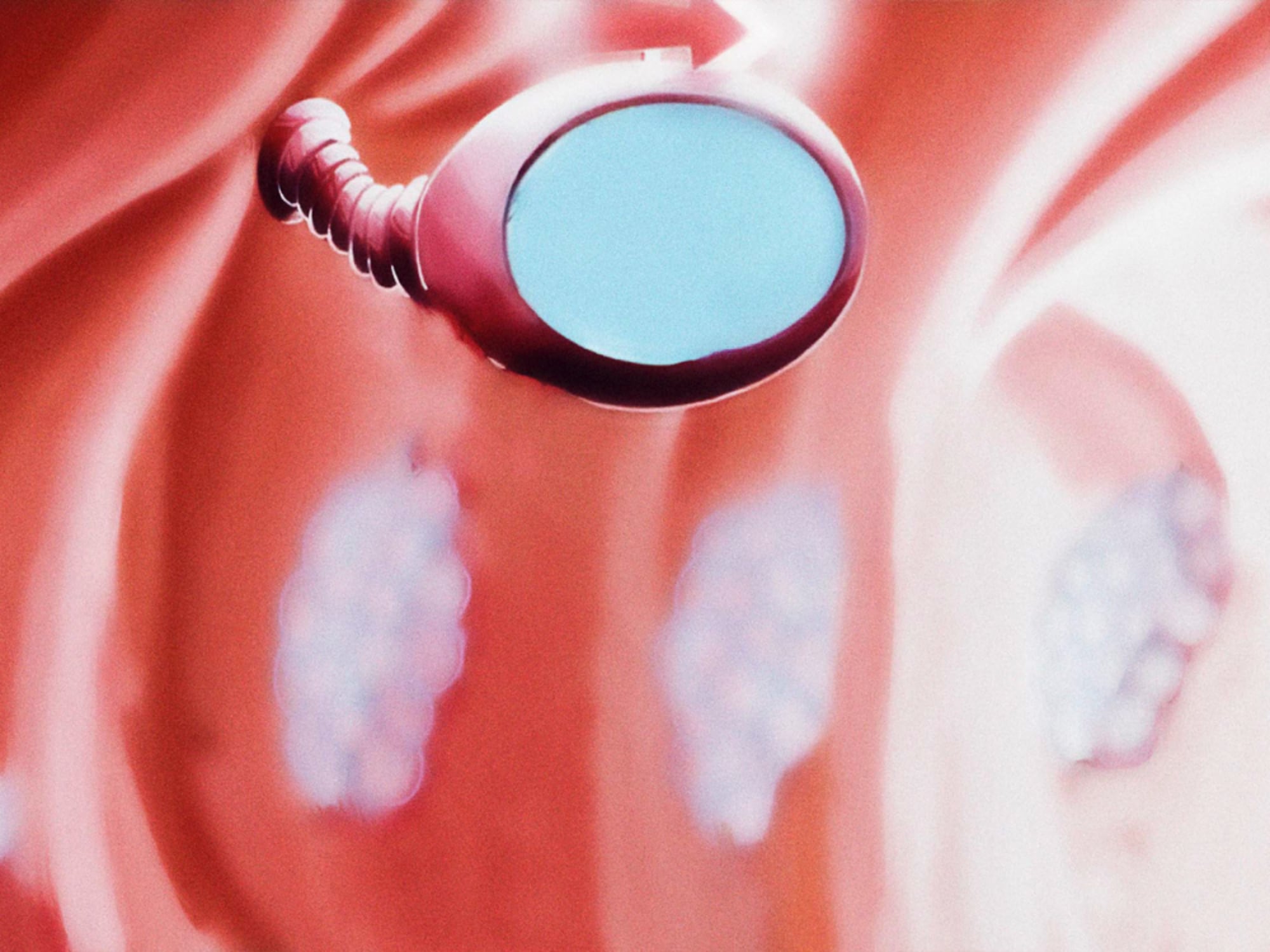
| August 29 | ||
|---|---|---|
| 09:00 – 09:30 | Arrival | |
| 09:30 – 10:00 | Welcome | |
| 10:00 – 12:00 | Introduction to Footnotes | |
| 12:00 – 13:30 | LUNCH BREAK | |
| 13:30 – 15:00 | Group Building | |
| 15:00 – 15:20 | BREAK | |
| 15:20 – 16:30 | Video Input and Initial Inquiry | |
| 16:30 – 16:45 | BREAK | |
| 16:45 – 17:30 | ASK: Factor Questions | |
| 17:30 | Apéro | |
| August 30 | ||
|---|---|---|
| 09:30 – 10:50 | Creating Common Ground | |
| 10:50 – 11:10 | BREAK | |
| 11:10 – 13:00 | ANSWER: World | |
| 13:00 – 14:30 | LUNCH BREAK | |
| 14:30 – 15:45 | Issues and Implications | |
| 15:45 – 16:00 | BREAK | |
| 16:00 – 17:30 | Preparation Conference | |
| August 31 | ||
|---|---|---|
| 09:30 – 10:00 | BODYWORK | |
| 10:00 – 11:00 | Looking Back | |
| 11:00 – 11:15 | BREAK | |
| 11:15 – 13:00 | Conference Preparation | |
| 13:00 – 15:30 | LUNCH BREAK | |
| 16:00 | START CONFERENCE | |
| August 31 | ||
|---|---|---|
| 15:30 – 16:00 | Arrival Time and Drinks | |
| 16:00 – 16:10 | Welcome Note | |
| 16:10 – 16:40 | Footnotes: The Prologue | |
| 16:40 – 17:40 | 🫁 ORGANOLOGY: Art School & Society with School of Intrusions |
|
| 17:40 – 18:10 | BREAK | |
| 18:10 – 19:10 | 🔋 DIS/CONTINUITIES: Digital Cultures of Education with Baruch Gottlieb |
|
| 19:10 – 19:40 | Footnotes: Intermission | |
| 19:40 – 20:40 | Apéro |
| September 1 | ||
|---|---|---|
| 9:00 – 10:00 | ☕️ Welcome Coffee | |
| 10:00 – 10:30 | Footnotes: Intermission, Intro | |
| 10:30 – 11:30 | 🧠 PLASTICITY: Institutional vs. Non-Institutional Education with Will Fredo Furtado, Contemporary And |
|
| 11:30 – 12:30 | 🕸 CHAOS/MOSIS: Within and Beyond the Discipline with Thea Reifler & Philipp Bergman, Shedhalle |
|
| 12:30 – 14:00 | LUNCH BREAK | |
| 14:00 – 15:00 | 🕹 RE/PROGRAMMING: Institutional Structures and Strategies with Lina Dokuzović |
|
| 15:00 – 16:00 | 🦠 SYMBIOSIS Ecological and Social Sustainability with Klasse Klima |
|
| 16:00 – 16:45 | BREAK | |
| 16:45 – 17:45 | 🌀 COMMONALITIES: Learning from the Commons with Brandy Butler |
|
| 17:45 – 18:15 | Footnotes: The Epilogue |
|
| 18:15 – 19:00 | Apéro | |
| 19:00 – 21:00 | Dinner |
Are you ready to travel to the year 2045?… Here we go!
Explore future scenarios, lecutres and much more around the following future-relevant topics that we tackled during the Footnotes Summer School:
🎧 Turn your headphones on 🎧 and explore a multitude of perspectives from different time-space zones on the presents, pasts, and futures of arts education.
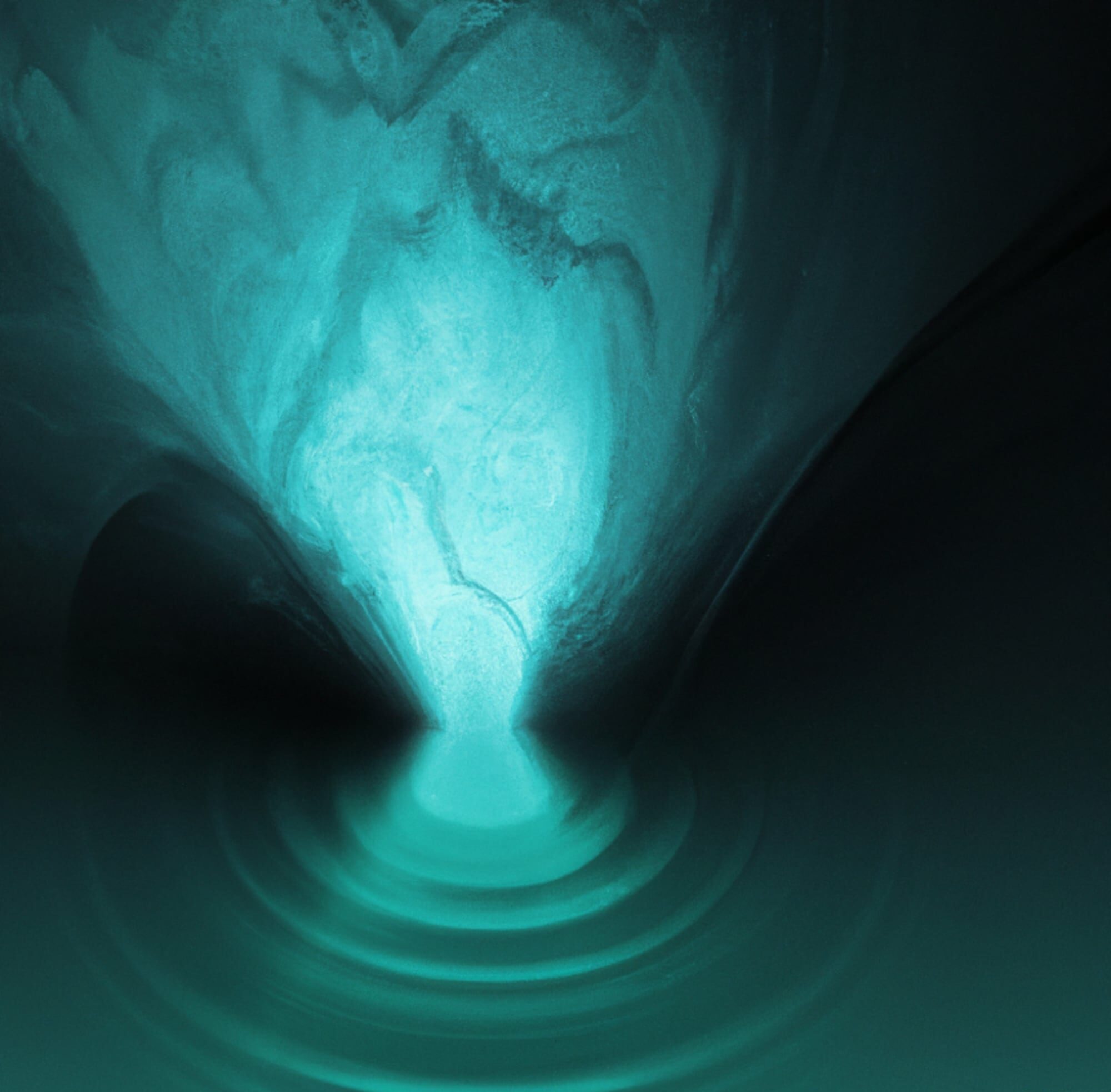
The Footnotes PODPAST travels to listeners directly from the year 2045, to take an in-depth look into arts education systems, structures, functions, forms and futures.
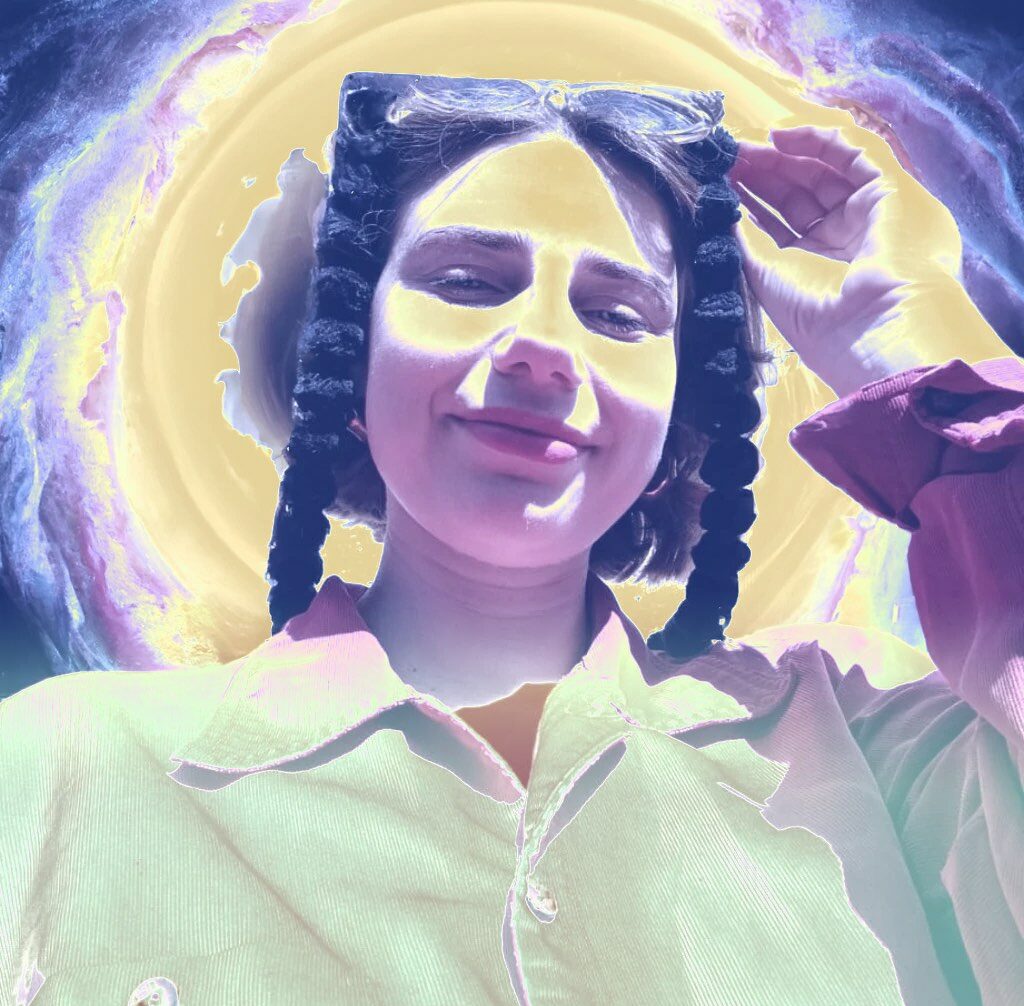
Hosted by Gigi, an ever-curious archivist with a lifelong interest in arts education, in conversation with a broad range of guests from across disciplines, backgrounds and time spaces, the podcast explores the pasts, presents and futures of arts education. All to discuss alternative modes, structures and methods for learning, teaching and instituting, that recall and re-centre historically marginalised ways of working.
This first episode sets the scene for the PODPAST which is grounded in the (fictional) temporal zone of the year 2045. Our moderator Gigi will explain to you how and why the PODPAST spans over different, overlapping time spaces and why it is a total thrill to explore diverse aspects of arts education beyond the borders of time and space.
This second PODPAST episode is an immersive introduction to time travel. The temporal time keepers Olga and Ora from the 0ct0p0s collective present us with a meditative journey through time and into the future. Sit back, relax and open your mind to possible future realities.
This time, Gigi meets Kobe Ardui, head of lifelong learning at LUCA School of Arts Belgium, in the year 2022. Kobe discusses disrupting systems of learning in higher arts institutions, especially in relation to hierarchies of knowledge, disciplines and subjects, as well as the role of lifelong learning, peer learning and breaking down barriers within education.
In this episode, we will dive into the topic of multispecies learning, and multispecies art together with Gigi’s special guest Bifolia, in the temporal zone of 2045. Bifolia is an artist and researcher at the famous International Institute of Interspecies Art. Interspecies art, an art form in which different species, for example humans and insects, co-create art together is deeply entangled with the idea of multispecies learning based on the ethos that all species are equal and equally complex and that the only way of sharing life on this planet is to learn from and with each other. Bifolia gives us insights into her work and discusses the possibilities and challenges of who has a right to be an art student today in 2045.
In this episode, the PodPast team successfully establishes a connection to the year 2022 to speak with Kai Lehikoinen, a university researcher specializing in socially engaged arts practices at Uniarts Helsinki, Finland. During the conversation, Kai will provide significant insights into the complex and multi-faceted relationships between arts and society, including the relation between artistic freedom and artistic activism, and new fields the arts might enter in the future.
In this episode, Gigi meets Lena Gieseke from Film University Babelsberg KONRAD WOLF in Germany in the temporal zone of 2045. Lena gives us insights into her ongoing project “Art Collab”, where she works on setting up the virtual art world in a manner that is accessible for everyone, everywhere via an augmented reality art layer. Dive into Lena’s future reality and learn about possible futures approaches to accessibility and collaboration in the arts and arts education, as well as the role of virtual art in the futures.
For more watch the movie ArtCollab Germany 2025
In this PODPAST episode, Gigi is in conversation with Karel, an artist and active member of the Footnotes Symbiosis working group in the temporal zone of 2045. In this conversation, Karel introduces the vision and work of the working group and discusses different aspects surrounding sustainability, here meaning, social, ecological and technological sustainability. Furthermore, Karel gives insights into future collaborations of institutes of higher arts education and how to build common grounds to enable these collaborations with other species.
In this episode, Gigi is joined by not one, but two guests, Johann and Lena, two members of Klasse Klima, a student-led educational collective established in the year 2019 at Berlin University of the Arts. Klasse Klima was created to find creative educational methods to address the urgency of the climate crisis. Klasse Kima engages in events and debates on the intersection of art, design and ecology, it therefore seems extremely fitting that their conversation with Gigi focuses on a 2022 time-space perspective of climate justice movements, including C02 accounting and the digital divide, as well as a broader discussion on peer and lifelong learning environments, including where climate change fits into educational structures.
In this podcast episode, we’re joined by Carl Iseg, music teacher, researcher, and leader of Music Higher Educational Institute in the temporal zone of 2045. We’ll be discussing the function and bureaucracy of art schools, ranging from the meaning of art schools in society, to the role entrance exams play in these very institutions, to the true meaning of Cultural Ownership in 2045. Tune in for a fascinating glimpse into the future of arts and education!
Dive deeper
Discussion
No feedback has been added yet
Share a Thought